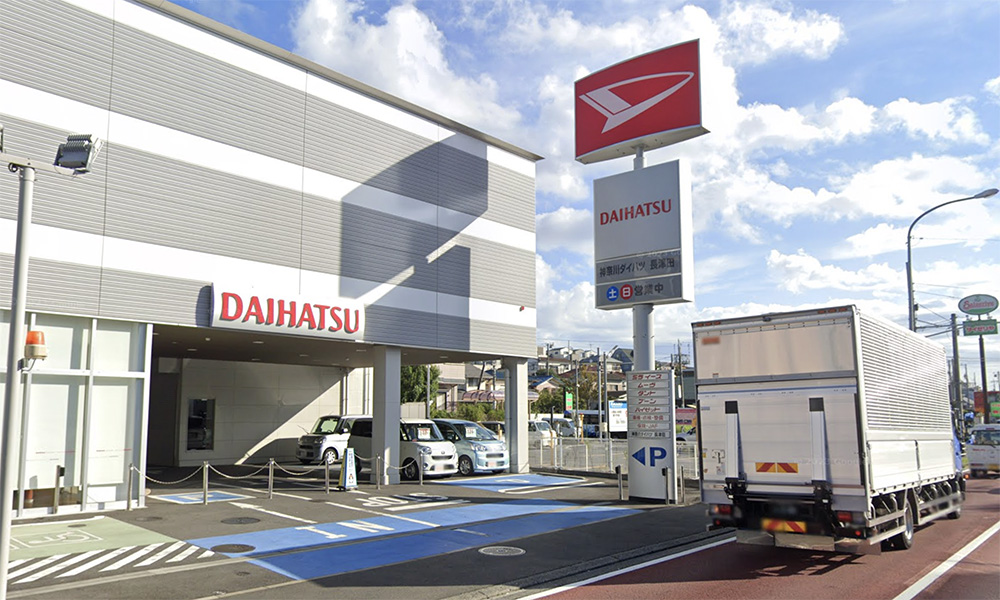
Daihatsu is ending 2023 on a sour note, as it halts all of its domestic production in Japan until the end of January 2024 due to an ongoing safety testing scandal, according to a report from Nikkei Asia.
This started with a whistleblower report for crash-testing irregularities featuring three Daihatsu New Global Architecture (DNGA)-based Toyotas meant for global markets. This was soon addressed, but not less than a month later, news broke out that even the Japan-market Raize HEV produced since November 2021 had improper passenger-side crash testing data.
News surrounding this scandal was quelled until December 20, when 64 models and three engines had even more irregularities discovered. All of these were developed by Daihatsu.
Domestic models such as the Daihatsu Move (Subaru Stella, Daihatsu Cast, and Toyota Pixis Joy) and the Daihatsu Gran Max (Toyota Liteace/Town Ace, Mazda Bongo) are part of the list.
DNGA-based Toyotas such as the Agya/Wigo, the Rush, the Avanza, the Veloz, the Raize, the Yaris/Vios, and the Yaris Cross are also affected. For a complete list that is constantly being updated, you can check this webpage from the Toyota Newsroom.
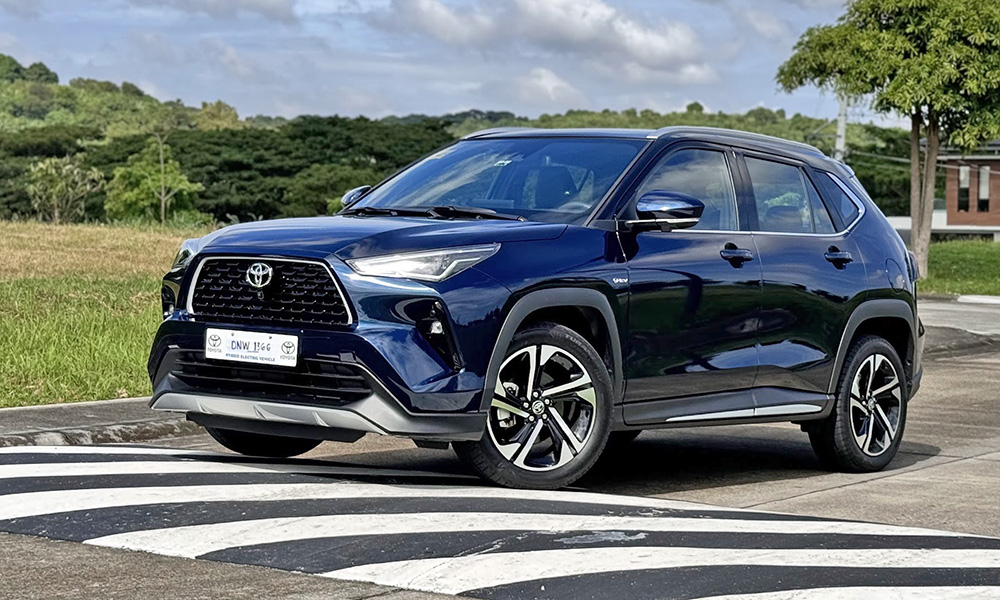
Note that the models sold in the Philippines are not affected by these irregularities, but other markets such as Malaysia, Thailand, Vietnam, Chile, Cambodia, Ecuador, Mexico, and Uruguay have seen all shipments of these models halted.
Indonesia was recently cleared by its government for local production, but is currently awaiting clearance to resume exports of affected models.
Because of this, Japanese authorities from the transport ministry have gone as far as to investigate its headquarters in Osaka last December 21. The halt in shipping will affect suppliers, workers, and dealerships not only in their home country but around the world as well.
Parent company Toyota believes that “fundamental reform is needed to revitalize Daihatsu as a company that cannot be accomplished overnight,” showing just how out of control the problem has become.
Despite this, the manufacturer claims that its vehicles currently in use “do not pose any immediate safety problems,” but we hope that this case of classic corporate greed hasn’t claimed any lives around the world.

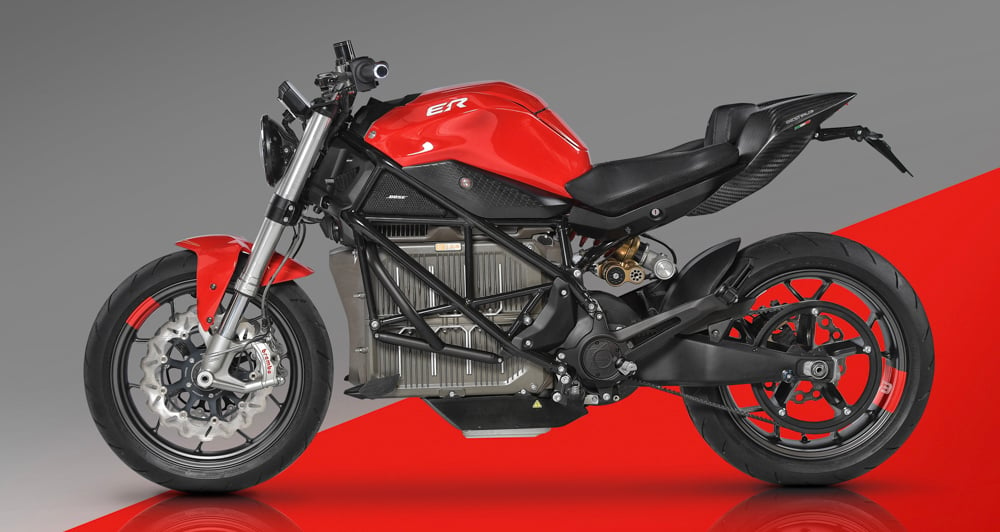

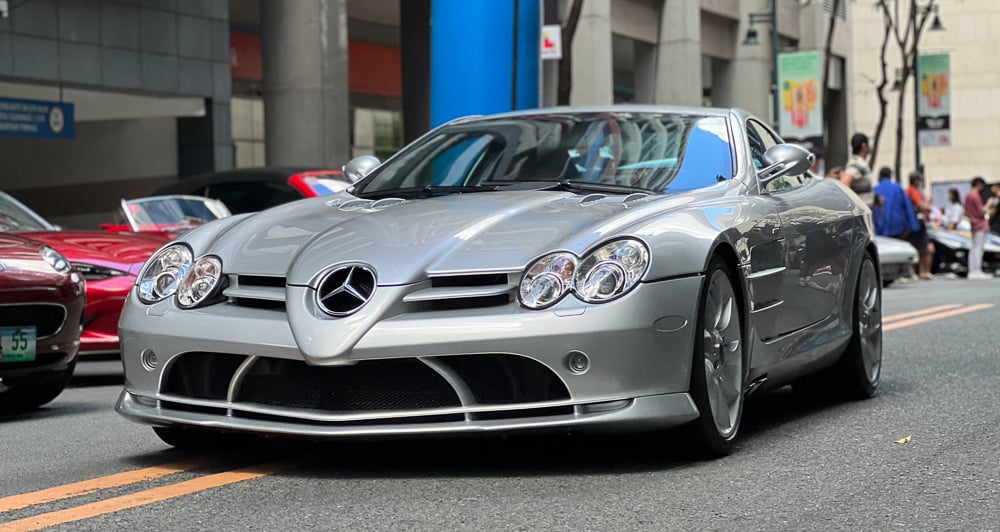

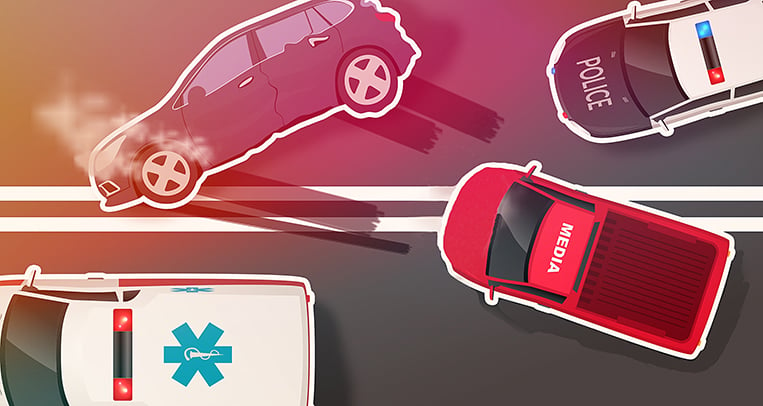

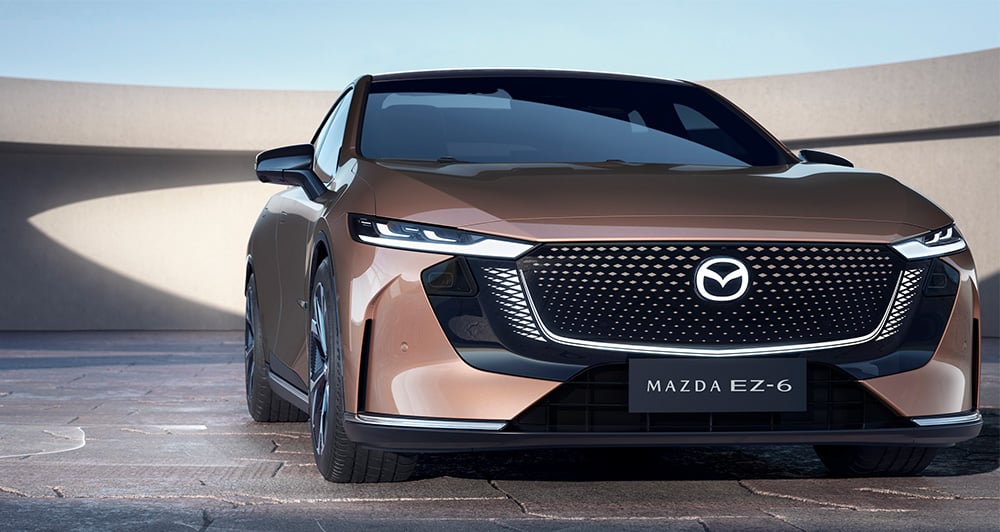
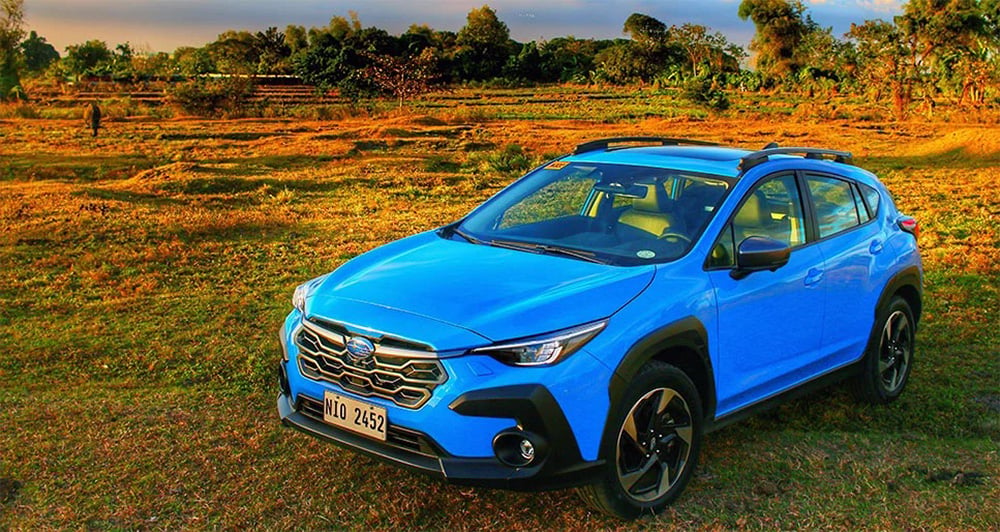
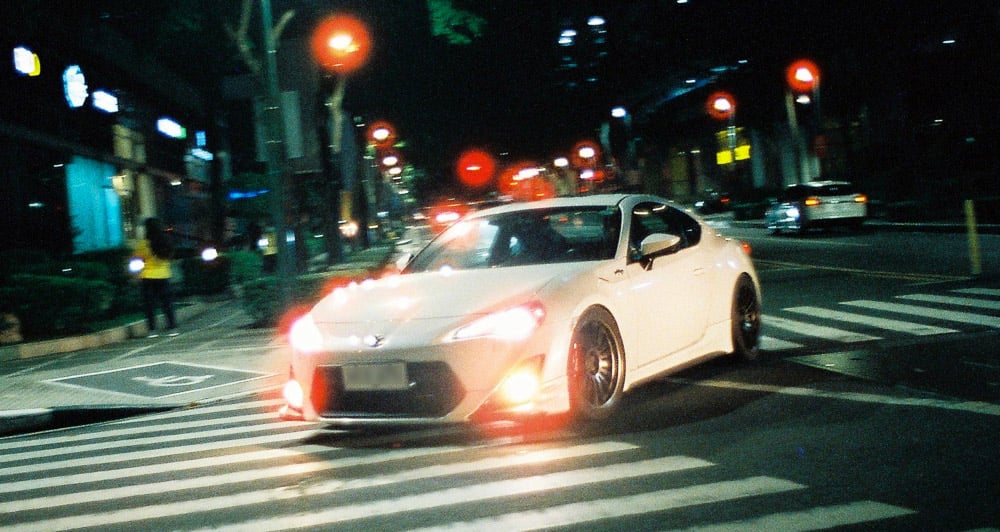
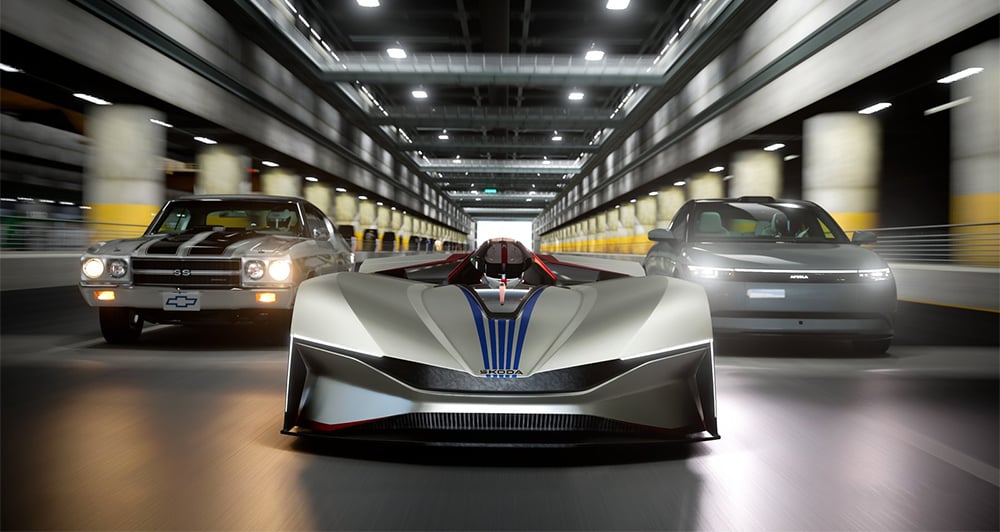
Comments